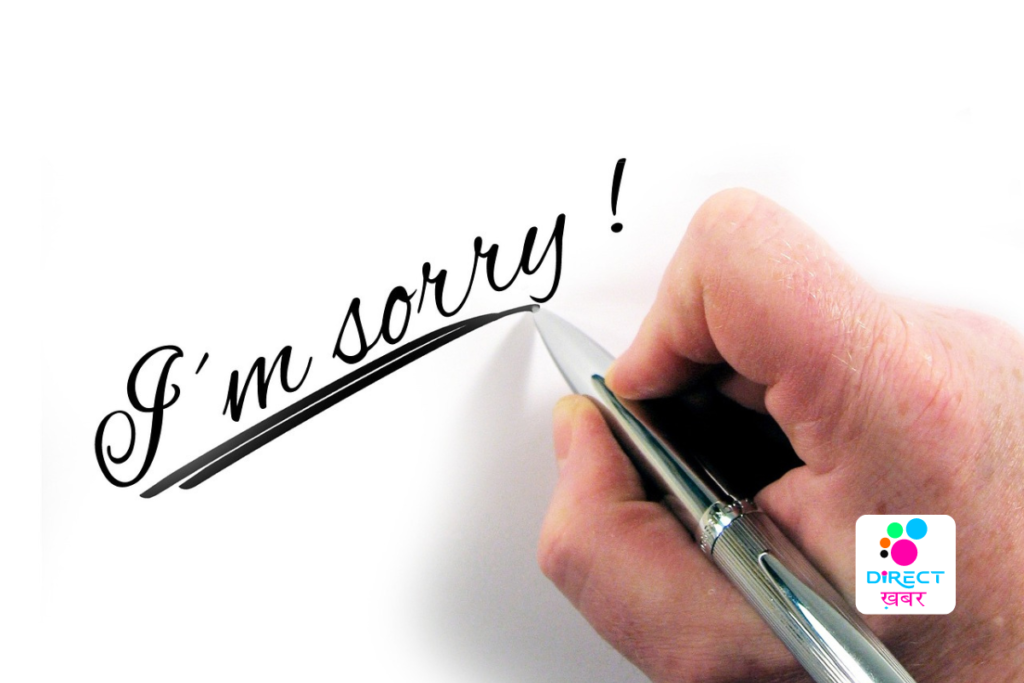The Power of Forgiveness in Healing Heartbreak
Heartbreak is a universal human experience, often leaving emotional wounds that can be difficult to heal. However, amidst the pain and anguish, there exists a transformative force capable of offering solace and liberation: forgiveness. In this essay, we will explore the profound impact of forgiveness on the journey of healing from heartbreak, delving into its psychological, emotional, and spiritual dimensions.

Understanding Heartbreak:
Heartbreak encompasses a spectrum of emotions, ranging from sadness and anger to betrayal and despair. Whether triggered by the end of a romantic relationship, the loss of a loved one, or a betrayal of trust, the pain of heartbreak can be overwhelming and all-encompassing. At its core, heartbreak represents the rupture of attachment, leaving individuals feeling vulnerable, rejected, and emotionally wounded.
The Challenge of Forgiveness:
In the aftermath of heartbreak, the prospect of forgiveness may seem daunting or even impossible. The pain inflicted by others can engender feelings of resentment, bitterness, and a desire for vengeance. Moreover, the act of forgiveness is often misconstrued as condoning or excusing the hurtful actions of others. However, forgiveness is not about absolving perpetrators of accountability; rather, it is a deeply personal process aimed at releasing oneself from the shackles of anger and resentment.
The Psychological Benefits of Forgiveness:
Research in psychology has underscored the myriad benefits of forgiveness for mental health and well-being. By letting go of grudges and negative emotions, individuals can experience a reduction in stress, anxiety, and depression. Moreover, forgiveness fosters greater self-esteem and resilience, empowering individuals to reclaim agency over their lives. Psychologically, forgiveness liberates individuals from the prison of victimhood, offering a pathway to emotional healing and inner peace.
The Emotional Liberation of Forgiveness:
Emotionally, forgiveness serves as a catalyst for healing wounds that run deep within the heart. Holding onto anger and resentment only perpetuates suffering, prolonging the pain of heartbreak. In contrast, forgiveness opens the door to compassion and empathy, allowing individuals to cultivate a sense of understanding and acceptance. By embracing forgiveness, one can transcend the cycle of hurt and retaliation, embracing the transformative power of love and reconciliation.

The Spiritual Dimensions of Forgiveness:
Beyond its psychological and emotional benefits, forgiveness holds profound implications for spiritual growth and enlightenment. In many spiritual traditions, forgiveness is viewed as a sacred practice, emblematic of divine grace and compassion. By forgiving others, individuals align themselves with higher principles of love, forgiveness, and interconnectedness. In essence, forgiveness is not merely a personal endeavor but a spiritual journey toward wholeness and spiritual awakening.
The Practice of Forgiveness:
Forgiveness is not a one-time event but a continual practice that requires patience, self-reflection, and compassion. It involves acknowledging the pain inflicted, allowing oneself to grieve, and gradually releasing the grip of resentment. Forgiveness does not necessitate reconciliation or rebuilding trust with the perpetrator; rather, it is about reclaiming personal power and finding peace within oneself. Through forgiveness, individuals reclaim agency over their narrative, refusing to be defined by past grievances.
In the aftermath of heartbreak, the journey of healing can be arduous and fraught with challenges. However, amidst the pain and turmoil, forgiveness emerges as a beacon of hope and redemption. By embracing forgiveness, individuals can transcend the grip of anger and resentment, reclaiming their emotional well-being and finding solace in the transformative power of love and compassion. In the words of Mahatma Gandhi, “The weak can never forgive.

Forgiveness is the attribute of the strong.” Thus, let us summon the strength within to forgive, heal, and embark on a journey of profound transformation. However, forgiveness is not about absolving perpetrators of accountability; rather, it is a deeply personal process aimed at releasing oneself from the shackles of anger and resentment.






